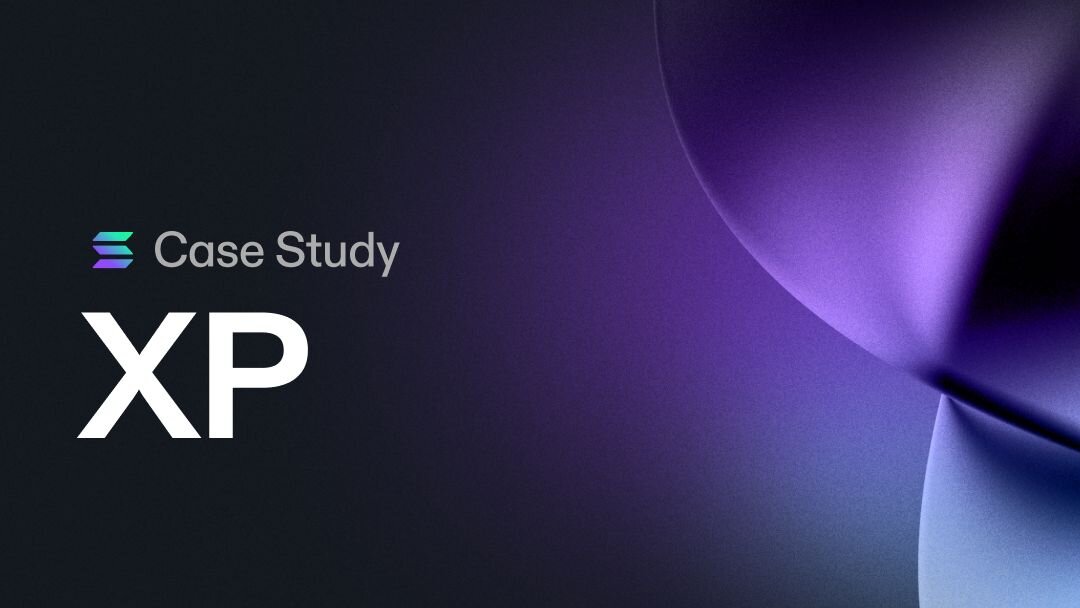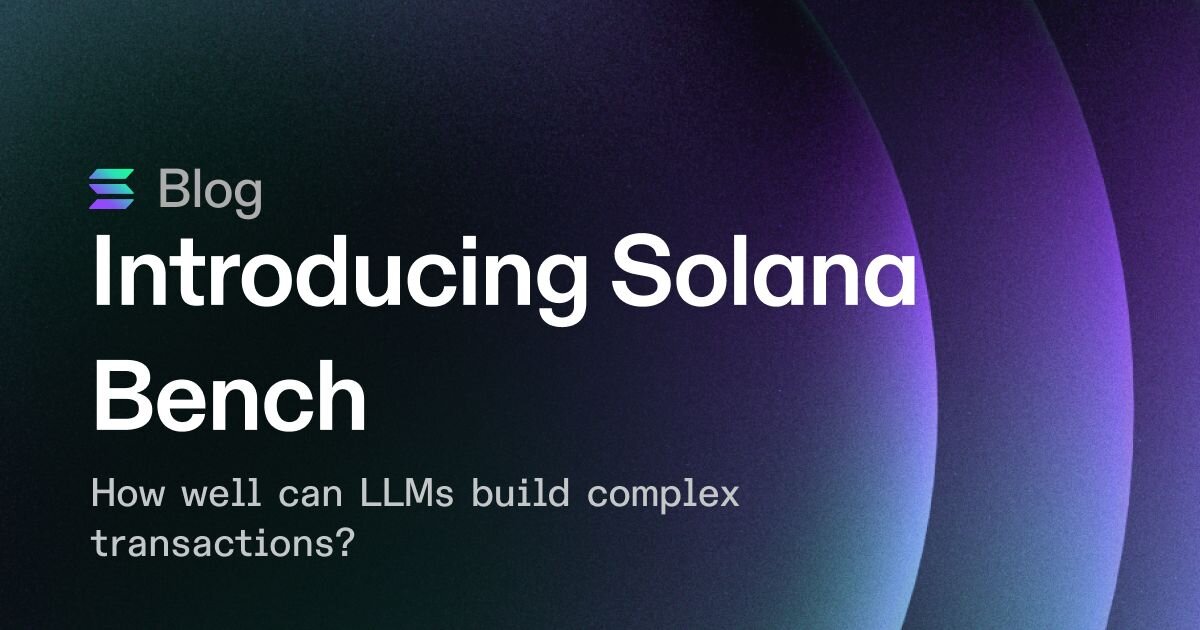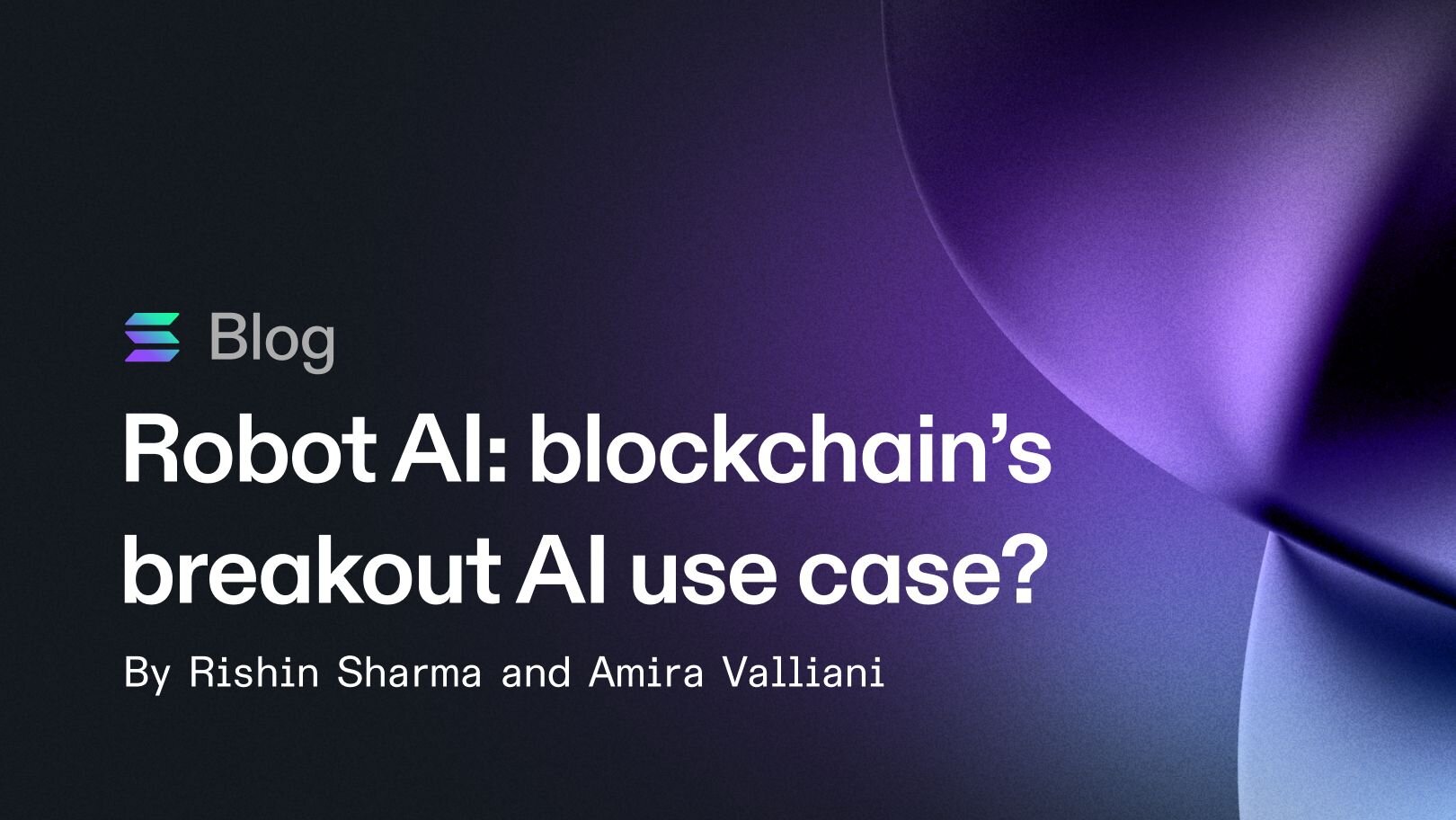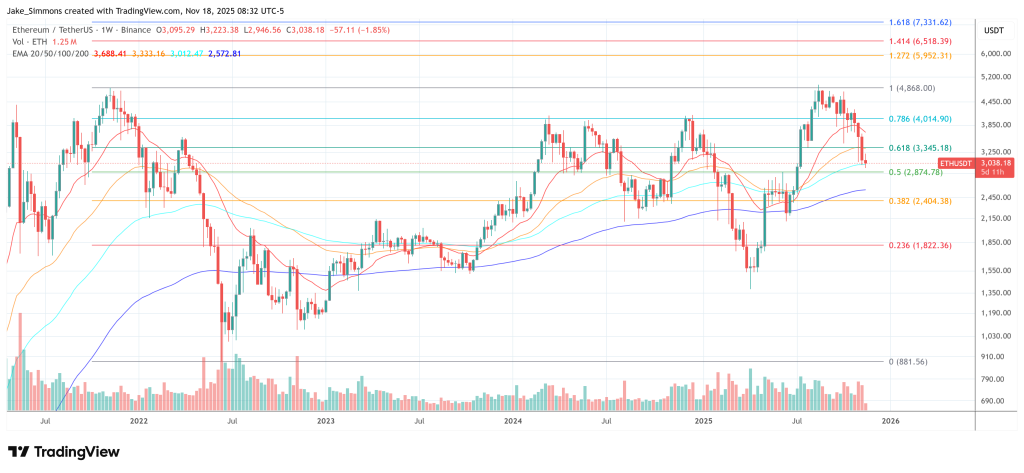The Ticket Industry’s Biggest Problem: The “Ticketmaster Problem”
A Broken System
The ticket industry is plagued by a major issue, which can be summed up as the “Ticketmaster problem.”
It’s a familiar scenario: A musical artist comes to town, and you decide to buy tickets online. The venue advertises the price of admission as $55, but upon adding the ticket to your online shopping cart and clicking “buy now,” at least three unique types of fees pop up — service fees, processing fees, and delivery fees — bringing the final price to $80, a 37% markup from face value.
Lack of Transparency
Then there’s the lack of transparency. You don’t know who gets a cut of these fees, whether Ticketmaster or its now-parent company, Live Nation. But you do know one thing: Artists and performers won’t receive a portion of those extra fees, even though they frequently pay Ticketmaster-affiliated vendors a slice of their merch sales and split revenue from ticket sales.
In fact, the issue is so problematic that the U.S. Senate held a hearing in January 2023 to question why some 70% of tickets are sold through a single vendor.
A Solution in Sight
The so-called “Ticketmaster problem” could be solved through decentralized technology.
XP, an independent blockchain ticketing platform, uses the Tamperproof protocol to offer a more transparent, efficient, and cost-effective way to buy and sell tickets. Behind the scenes, XP’s transactions use Solana’s blockchain, denominated in USDC, to help buyers easily make the switch and rival the user experience (UX) of incumbent vendors — just without the junk fees.
How It Works
XP encrypts ticket codes as nonfungible tokens (NFTs), allowing for the seamless exchange between buyers and sellers, who can see when a ticket is redeemed.
The Tamperproof protocol has the ability to encrypt or “seal” ticket claim codes within a special type of NFT known as “Tamperproof NFTs” (tpNFTs). This ensures they remain inaccessible until the holder decides to break the seal.
This unique sealing feature addresses the need for security and authenticity, both major concerns when selling any kind of real-world asset on a secondary marketplace. Transactions are secure, transparent, and verifiable, thanks to the public visibility of the blockchain and instantaneous updates of a tpNFT’s sealed or unsealed status on the Solana public ledger.
A Wide Selection of Tickets
At the time of publication, XP has an inventory of roughly 34 million tickets, spanning over 110,000 events — a wide selection for prospective attendees.
Conclusion
The ticket industry’s biggest problem, the “Ticketmaster problem,” can be solved through decentralized technology. XP’s blockchain ticketing platform offers a more transparent, efficient, and cost-effective way to buy and sell tickets, addressing the major concerns of security, authenticity, and transparency.
FAQs
Q: What is the “Ticketmaster problem”?
A: The “Ticketmaster problem” refers to the lack of transparency and high fees associated with buying tickets through Ticketmaster and other incumbent vendors.
Q: How does XP’s blockchain ticketing platform work?
A: XP’s platform uses the Tamperproof protocol to encrypt ticket codes as nonfungible tokens (NFTs), allowing for secure and transparent transactions.
Q: What is the Tamperproof protocol?
A: The Tamperproof protocol is a special type of NFT that ensures ticket claim codes remain inaccessible until the holder decides to break the seal, addressing concerns around security and authenticity.
Q: What is the benefit of using XP’s blockchain ticketing platform?
A: XP’s platform offers a more transparent, efficient, and cost-effective way to buy and sell tickets, without the need for junk fees and with a wider selection of tickets available.
Q: Is XP’s platform secure?
A: Yes, XP’s platform uses Solana’s blockchain and the Tamperproof protocol to ensure secure, transparent, and verifiable transactions.







